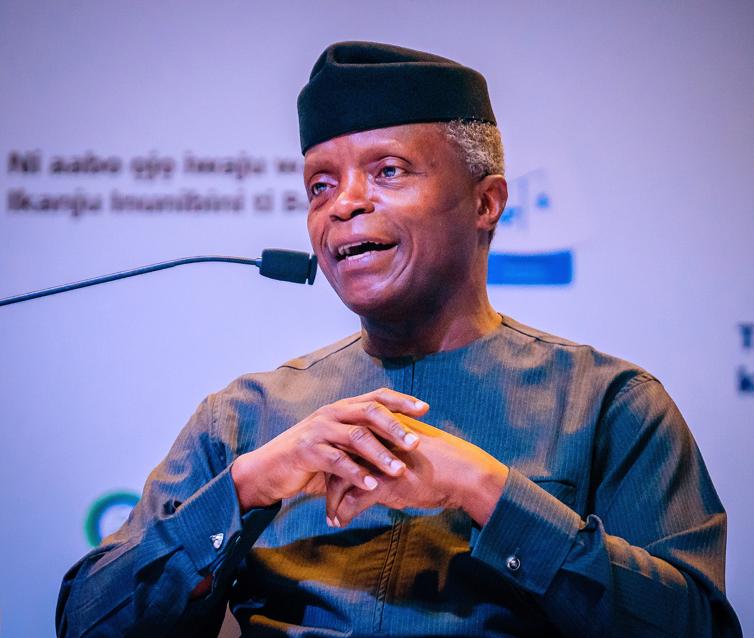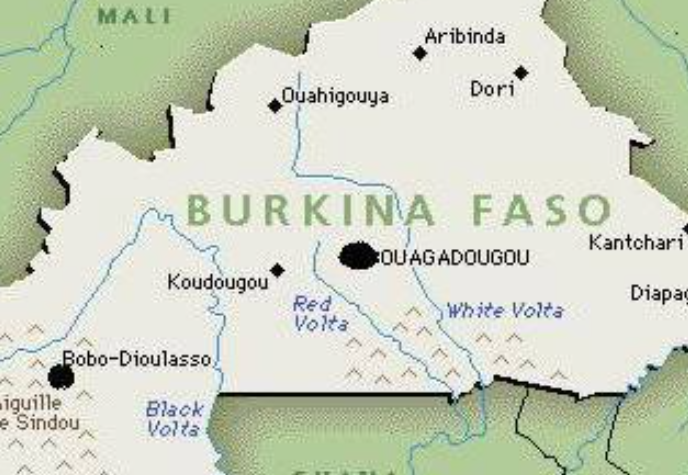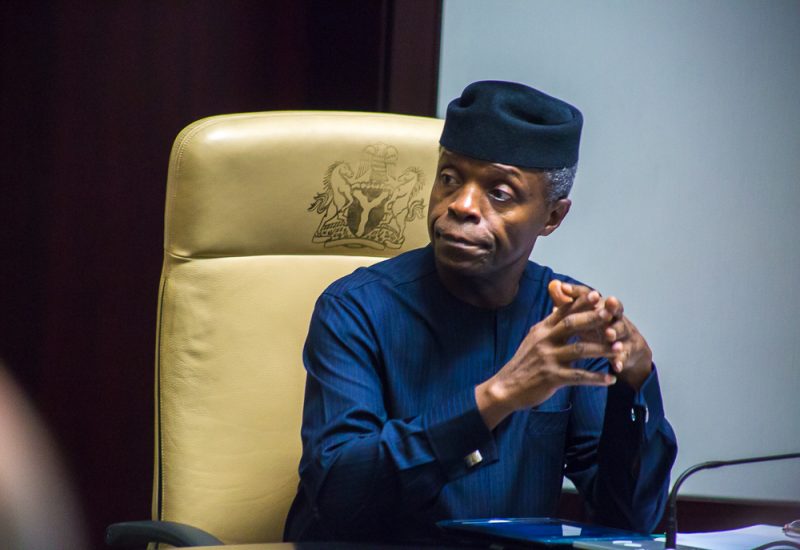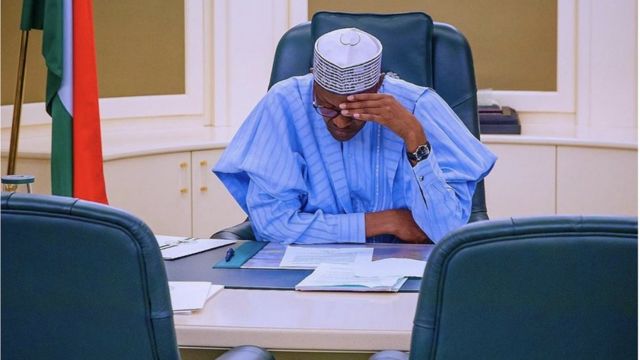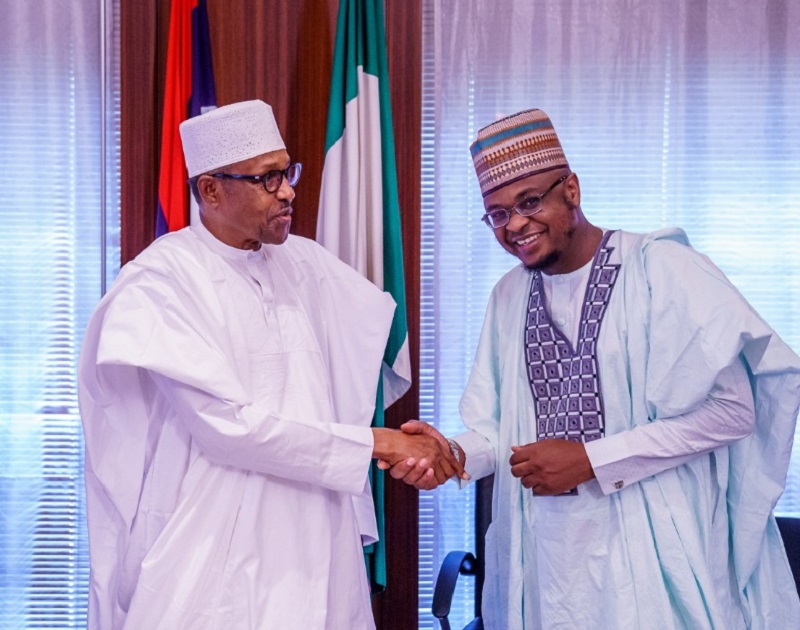The Vice President of Economic Community of West African States (ECOWAS) Ms. Finda Koroma says the only successful way to fight terrorism within the region is to attack its root causes.
Koroma said this at the inauguration of the Early Warning Study on the Spillover of Violent Extremism to ECOWAS Coastal Member States, in Abuja on Monday.
”The ECOWAS Commission understands that, it would be illusionary to fight against terrorism without attacking its root causes, such as bad or in some cases, weak governance, poverty, youth unemployment and human rights abuses.
”This need to address the root causes of violent extremism was specifically mentioned by the United Nations Secretary-General in his Plan of Action to Prevent Violent Extremism of December 2015.
”This Plan of Action asserts that structural factors such as the lack of prospects for youth or unemployment, contribute largely to their adherence to the agenda of terrorist groups which they find attractive and therefore consider as an alternative likely to offer a better tomorrow for them.
”With regard to these root causes in the prevention and the fight against terrorism, the ECOWAS Commission has made the “nexus” between security and development its major area of focus, amongst others,” she said.
Koroma said data from the ECOWAS Alert and Response Network (ECOWARN) shows terrorist incidents perpetrated by Boko Haram alone resulted in more than 30,000 deaths in less than 10 years of subversive activities.
This, she said, was in addition to the physical attacks on the populations and the territorial integrity of ECOWAS’ member states.
Koroma lamented that terrorism had left unprecedented humanitarian consequences, with more than three million people displaced in the sub region.
“After North-East of Nigeria, the Lake Chad Basin, the Sahel, the Nothern Part of Mali, the threats escalated in the Liptako-Gourma region, made up of Niger, Mali and Burkina Faso.
“From the North of Mali and Burkina Faso violent extremist groups conducted years back, attacks in the southern part of these members states.
“Since 2019, the southwestern regions of Burkina Faso have seen an escalation of jihadist presence from JNIM’s Katibat Macina, who are present in the Cascades region and in the forests along the Ivorian border.
”This explains why Côte d’Ivoire saw a major escalation of violent extremism throughout 2020, including its first jihadist attacks since the 2016 Grand Bassam incident. We all remember the Park W Pendjari abduction in Benin,” Koroma said.
She noted that under the instructions of the Heads of States, the ECOWAS Commission has been working to address this multifaceted issue, with the goal to achieve peace and security in the region.
She revealed that various strategies and programmes had been put in place to combat terrorism in the region.
Koroma, however, said the fight against terrorism did not rest solely on member states or the ECOWAS Commission.
“In the joint policy statement, the Authority of ECOWAS Heads of State and Government have called on the international community, development partners, relevant international organisations and civil society organisations to coordinate their activities with ECOWAS Commission.”
Also speaking, Nigeria’s Foreign Affairs Minister, Geoffrey Onyeama, said the counter-terrorism operation going on in various areas, has forced terrorists to move to ungoverned spaces where state presence is weak or absent.
“All member states affected must therefore put more efforts to eliminate these conditions that facilitate the activities and movements of terrorist groups.
“It is my view that only concerted regional initiatives such as this, can help us to better understand the dynamics of the security challenges facing us and hopefully, we can agree on the best strategy for curbing the menace of terrorism and violent extremism.
”Without doubt, terrorism threatens the free movement of persons, goods and services, which represents the core values of our regional integration agenda.”
Onyeama was represented by the Director, Africa Multilateral Affairs, Amb. Ngozi Ukaeje.
“It is evident that the Kinetic approach towards combating terrorism is yielding positive results, but that alone cannot provide the total solution.
“There is need for more emphasis to be placed on non-kinetic approaches to complement the kinetic approach,” he added.
Onyeama also spoke on Nigerian government efforts to tackle terrorism and violent extremism.
“Nigeria is applying Kinetic measures in the fight against terrorism with intelligence-led operations such as Operation Hadin Kai, Military super camp strategy, integration of Civilian Joint Task Force into the fight against terrorism which have successfully dislodged terrorists strongholds.
“Equally, non-kinetic approaches such as the launching of operation safe corridor which serves as a de-radicalisation, rehabilitation and reintegration programme for repentant terrorists have yielded positive results.
“Nigeria has therefore witnessed a lot of progress in this approach, which has provided an avenue for hundreds of terrorists to lay down their arms and surrender to our security forces.”
Onyeama also agreed that addressing the root causes was key to combating the menace of terrorism and violent extremism effectively.
“Social challenges such as poverty, unemployment, inequality can result to the existence of a breeding ground for potential recruitment of affected persons into terrorist folds, if not properly addressed,” the foreign minister said.
He however said, ”Nigeria will work closely with the ECOWAS Commission to ensure that the actions we shall be taking, in preventing terrorists and violent extremists from crossing our borders into our coastal regions would not negatively affect the regional economic integration agenda.”
The Representative of the UN Office for West Africa and the Sahel, Mr James Aji, said the launching of the study was very relevant and timely for the region.
“It comes at a time when there is increasing talk about the reality and impact of the spread of terrorism from the Sahel to coastal states,” he noted.
He, however, cautioned that: “If we do not take action swiftly, the spread of terrorism to coastal states could be devastating to the region, especially given the fact that this spread would meet the major security threat of piracy and insecurity in the Gulf of Guinea
“The mix of terrorism and violent extremism as we know it today in the Sahel and maritime insecurity in the Gulf of Guinea would be potentially explosive.”

